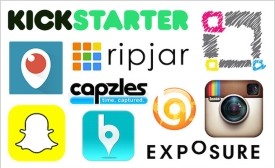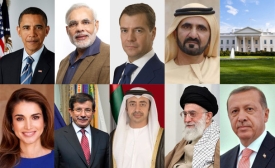digital diplomacy
Measuring the impact of digital diplomacy using quantitative metrics (number of followers, retweets, shares, likes...) has become a general practice among Ministries of Foreign Affairs (MFAs) […] the MFAs’ digital communication campaigns are presumed not to merely “preach to the choir” of sympathetic followers, but to actually reach constituencies outside the self-reinforcing “bubble” of like-minded followers.
There are 38 female heads of state and government, foreign ministers and leaders of international organizations who have a personal Twitter account. The Twiplomacy ‘Women Leaders’ Twitter list includes among others Queen Rania of Jordan, Brazilian President Dilma Rouseff, Norwegian Prime Minister Erna Solberg, and Vice President of the EU Commission Federica Mogherini.
Abeera Akhtar and her colleagues at Pakistan’s Lahore University of Management Sciences (LUMS) in Pakistan launched the “FATE — From Apathy to Empathy” project against extremism. The LUMS group was one of 45 student teams from around the world that applied to this semester’s P2P (Peer to Peer): Challenging Extremism initiative.

CPD's new PD Digital series offers a selection of tech tips and tools for 21st century public diplomats.

This new report explores which world leaders are on Instagram and how they use this social media tool for digital diplomacy.
Social media does more than share information about Syrian refugees; it offers ways you can help them. Here are five ways that highlight how social media supported Syrian refugees in the past year.
A Syrian refugee in Berlin, Germany is using humor and a new web series to connect the two communities in dialogue.







